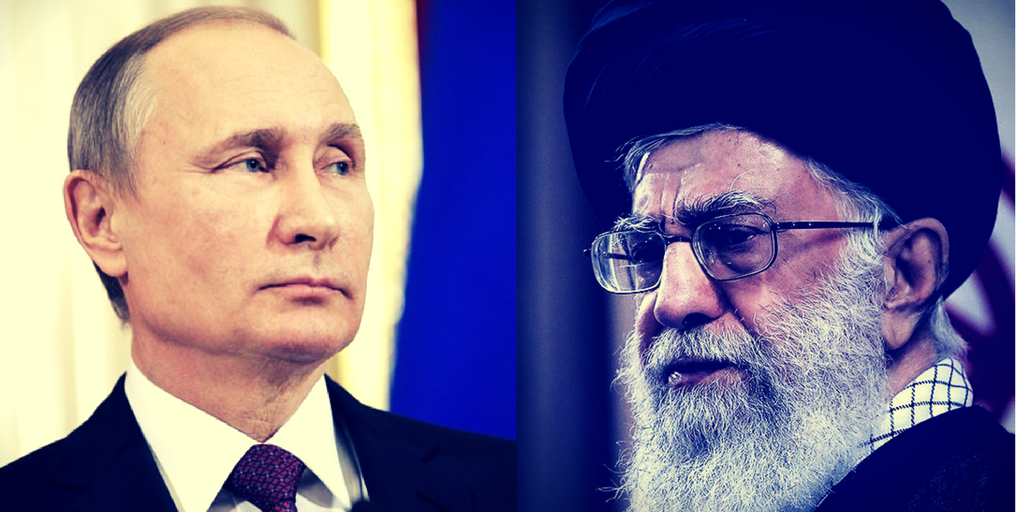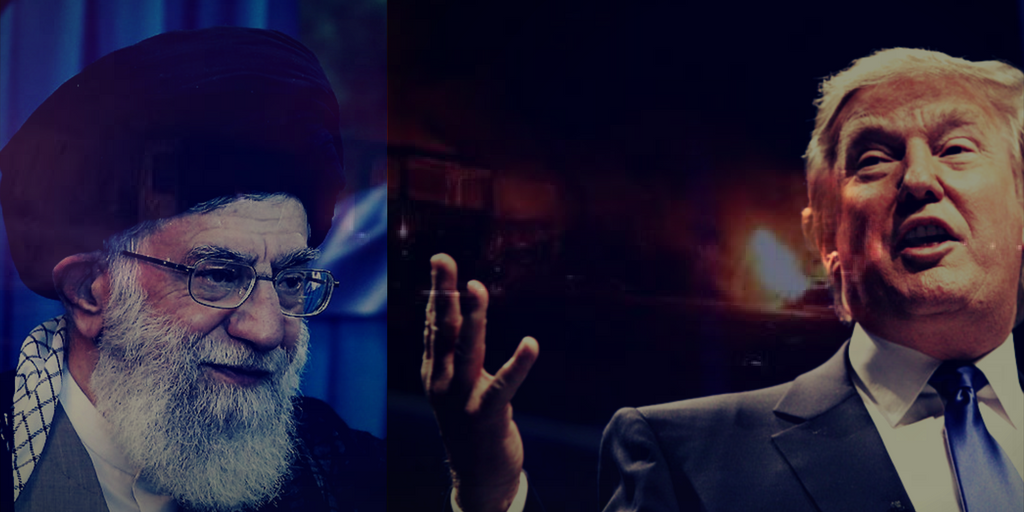With the war in Yemen, led by Saudi Arabia and coalition of Sunni states against the Houthis, Iranian proxy heating up, the Houthi led military fired a balistic missile over Riyadh on Saturday night. This marked a serious turn in the war.
The missile, producd in Iran, would have no doubt only been fired only with Iran’s permission, which seems to be more comfortable displaying its hegemonic aspirations since its victorious battle in Kirkuk. For Saudi Arabia, the missile is a sort of wake up call on just how serious the Iranian threat is. It also proves that the Iranians, true to their word are not about to stop and rest a bit.
Turki al-Maliki, spokesperson for the coalition forces, said: “The missiles Houthis targeted the Saudi Arabia was produced by Iran, they are not involved in the ammunition of Yemen army.”
Maliki continued: “Houthis couldn’t increase the tension without the support by the Iran regime.”
Controlling Yemen is key to the Iranian strategy and equal in value than building a land bridge from Tehran to the Mediterranean Sea; although the latter is usually mentioned far more by pundits. Taking full control of Yemen means that the Bab-el-Mandeb Straight which connects the Red Sea with the Gulf of Aden will fall into Iran’s hand. 3.8 million barrels of oil a day pass through the Bab el-Mandab chokepoint on Yemen’s southwestern coast.
More than that, taking Yemen completely would supplant on Saudi Arabia’s doorstep, giving it the capability to destroy the Kingdom.
This is why the missile over Riyadh that was taken down by an American Patriot Missile is a serious escalation. Given the fact that Iran is on the move under Russian protection across the Middle East, Saudi Arabia views Yemen as the last chance to stop them before the Kingdom has to take them on the Iranian forces directly.
With the rise of Prince Salman and his purging of his competition in the Saudi Kingdom, the Saudi royals may be forced to rally around the Crown Prince despite his controversial moves. Embroiling the Kingdom in the Yemen war had always been viewed as a misstep by the young prince, but with Iran using it as a spring board to corner the Saudi Kingdom, Salman’s intereference may have been far more cunning than those who doubted it believed.






